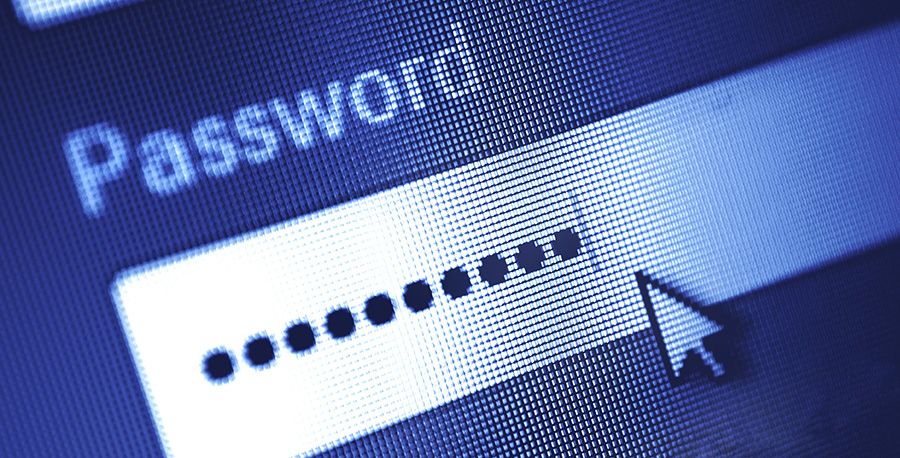Be aware of the potential privacy implications with internet-connected devices The “Internet of Things” or “IoT”—have you heard the buzz around it? Do you know what it is? It is a phrase used to refer to those things that can connect to the internet to send and receive data.
The “things” are too many to list but a few examples are:
- Sensors in a lawn watering system that consider the recent weather conditions to decide when to water or how much.
- A home lighting system that analyzes your lighting use patterns and mimics them when you are away from home so it’s not obvious to outsiders that you are away.
- A health/fitness tracking device that records your exercise activity and sleep rhythms.
- A home monitoring system that allows you to lock/unlock doors and program your thermostat remotely.
One of the thoughts behind the IoT is that life will be enhanced by the ability of the things to share data between devices and with the consumer. But, are there factors related to the IoT that could impact your privacy? In a recent blog post titled Cool New Tech Devices: What Privacy Risks Are Wrapped Up Under Your Tree?, the Privacy Rights Clearinghouse (PRC) points out that “with people’s lives so connected to the internet, there are numerous potential privacy implications.” The PRC shares these privacy habits to practice with your internet-connected devices:
- Keep the firmware on your wireless router up to date. Firmware is usually already on a device when you receive it but you should look for instructions on updating the firmware when required.
- Change the default password assigned by the manufacturer of the internet-connected device. Create a unique password.
- Use WPA2 encryption and a strong passphrase with your wireless network. WEP encryption is vulnerable to intrusion.
- Read through privacy policies on devices and opt-out of data collection when you can. Be sure that you are comfortable with what data will be collected and how it will be used.
- If you have an internet-connect device with a camera but you don’t need to use the camera to use the device, cover the camera lens with a piece of solid tape.
Beyond these basic tips, it is also important to understand the terms and conditions of use of the device and the privacy policy. Opt-out of data sharing when you can. Is there a default privacy setting that is set to “public”? Change it to private. Consumers will need to keep security in mind and get answers to certain questions about an internet-connect device before they decide to use it. Some of those questions are:
What data is collected? Can the data be encrypted? How is the data used? Will the data collected be sold? Can a password be set up on the device?
Like most things, informed decision-making and responsible utilization are vital to beneficial use of an internet-connected device. If consumers take such steps, they will protect their privacy and avoid security lapses that could put their privacy and even their physical safety and identity at risk. The Internet of Things appears here to stay. The challenge for consumers may be to keep up with the technology.
IDShield is a product of Pre-Paid Legal Services, Inc. d/b/a LegalShield (“LegalShield”). LegalShield provides access to identity theft protection and restoration services. For complete terms, coverage and conditions, please see an identity theft plan. All Licensed Private Investigators are licensed in the state of Oklahoma. This is meant to provide general information and is not intended to provide legal advice, render an opinion, or provide any specific recommendations.







